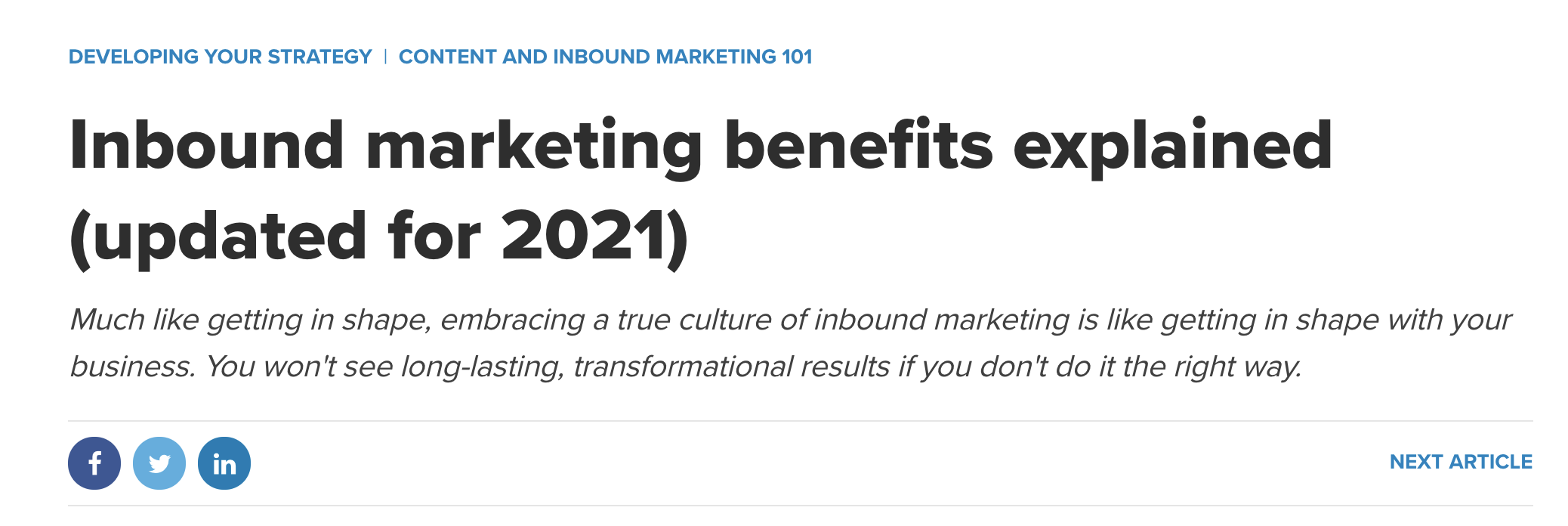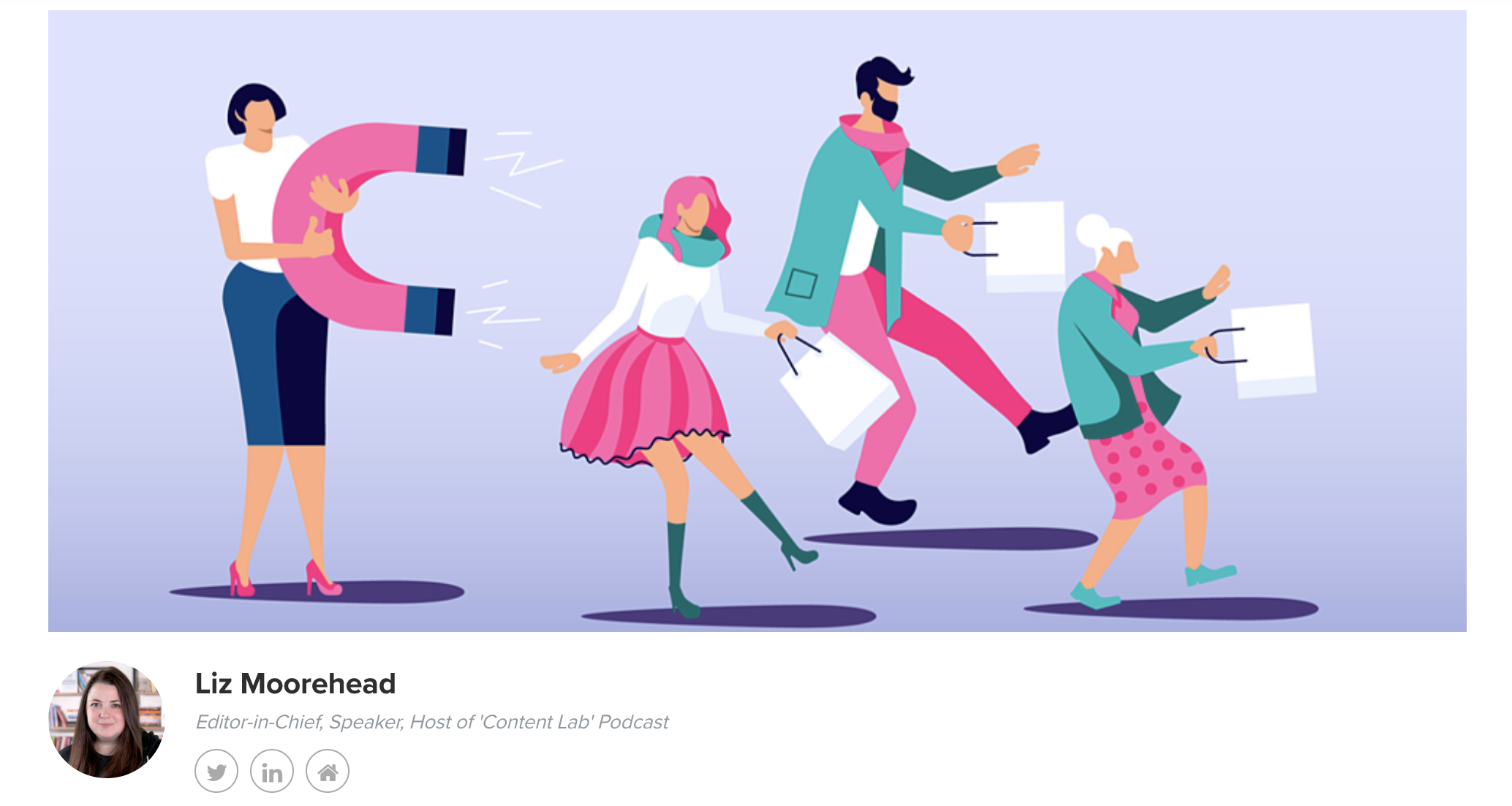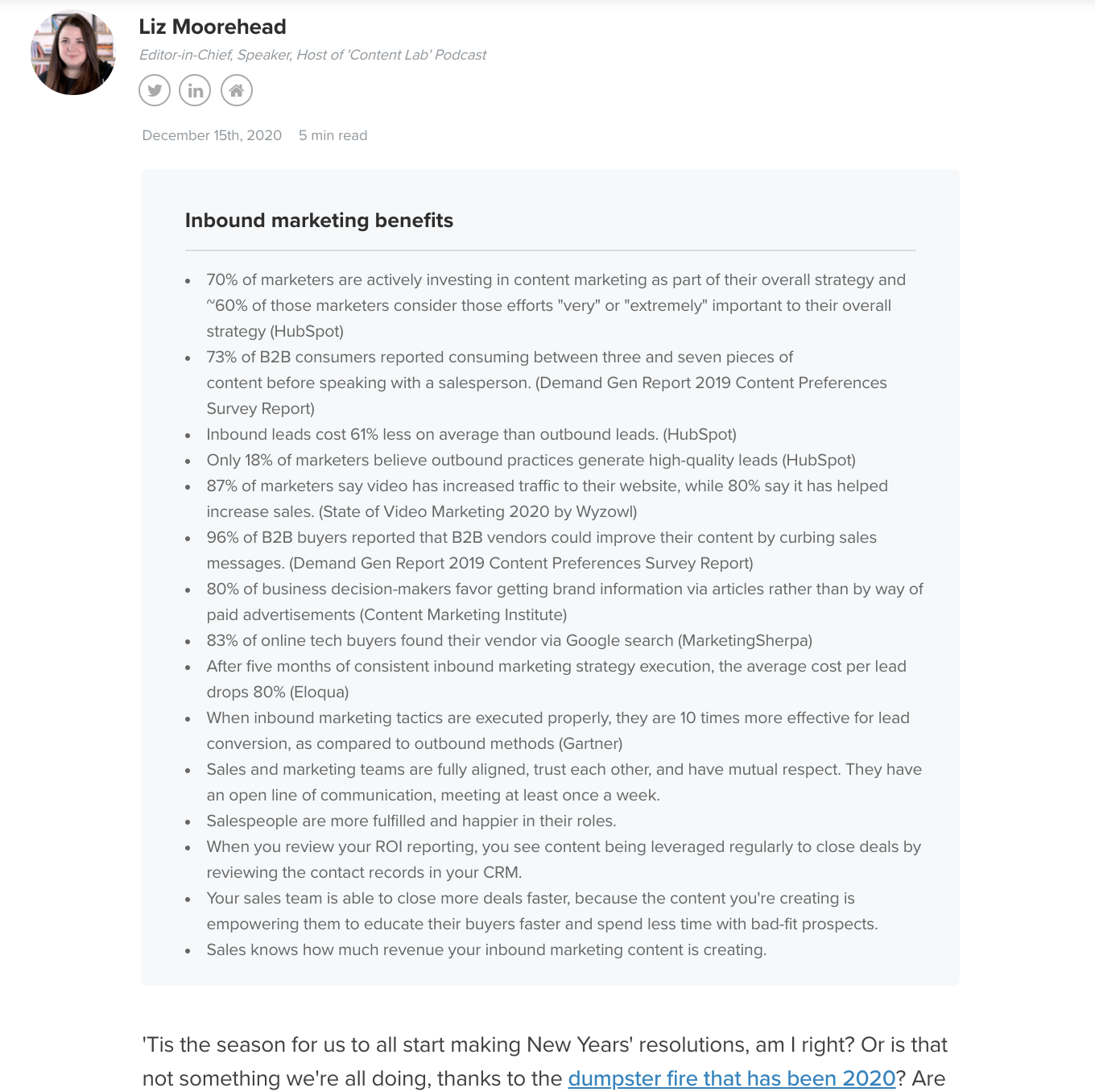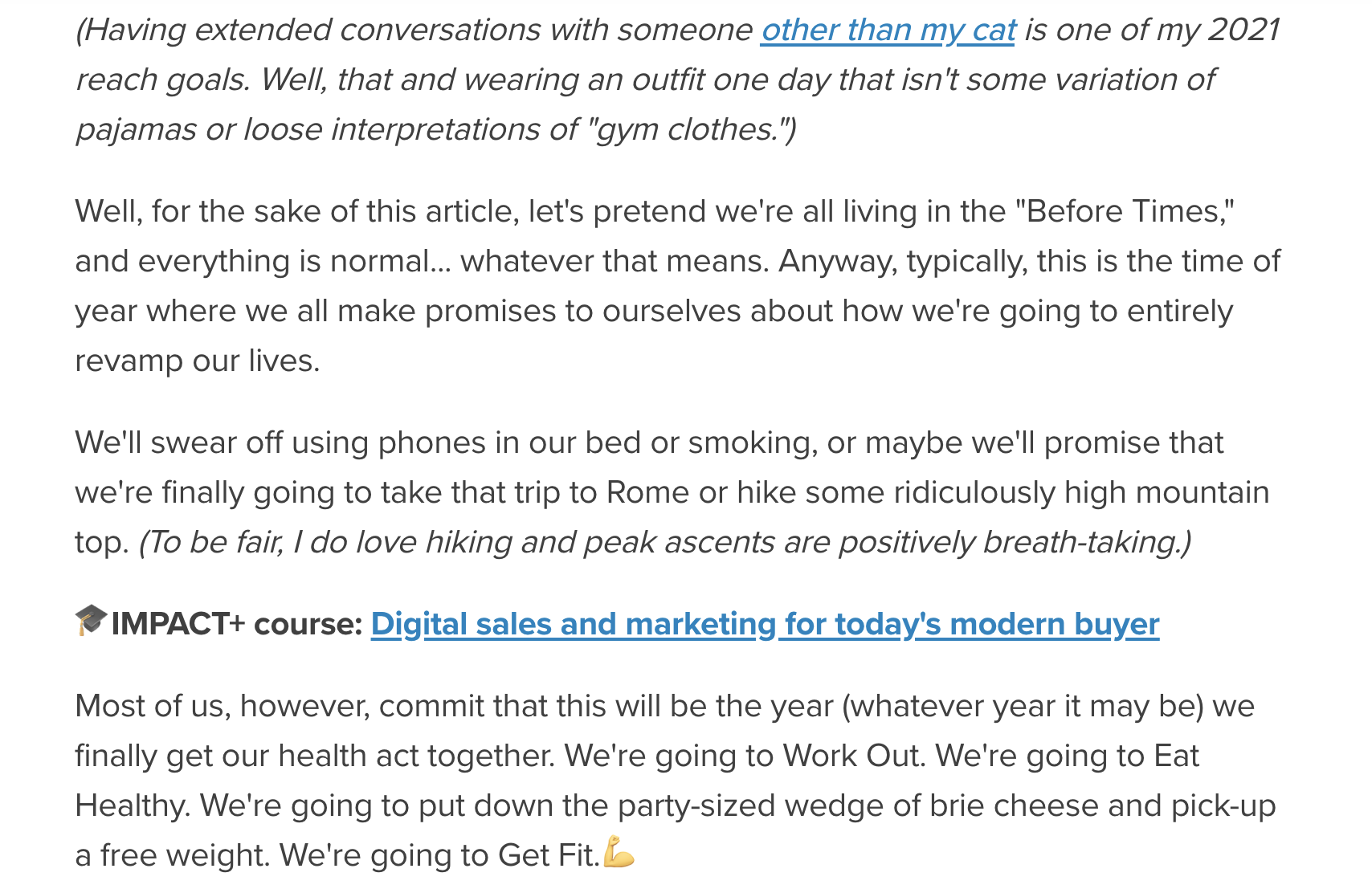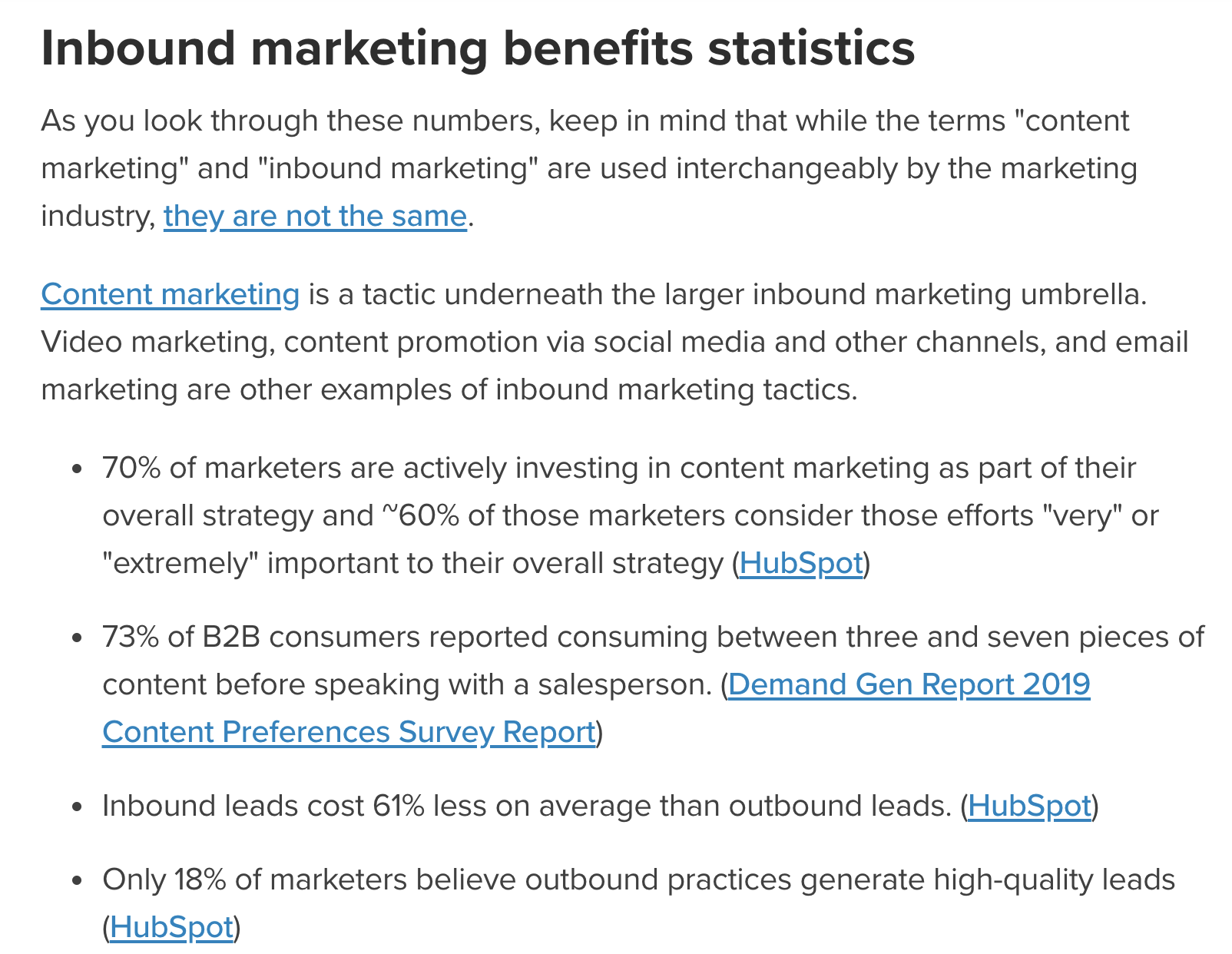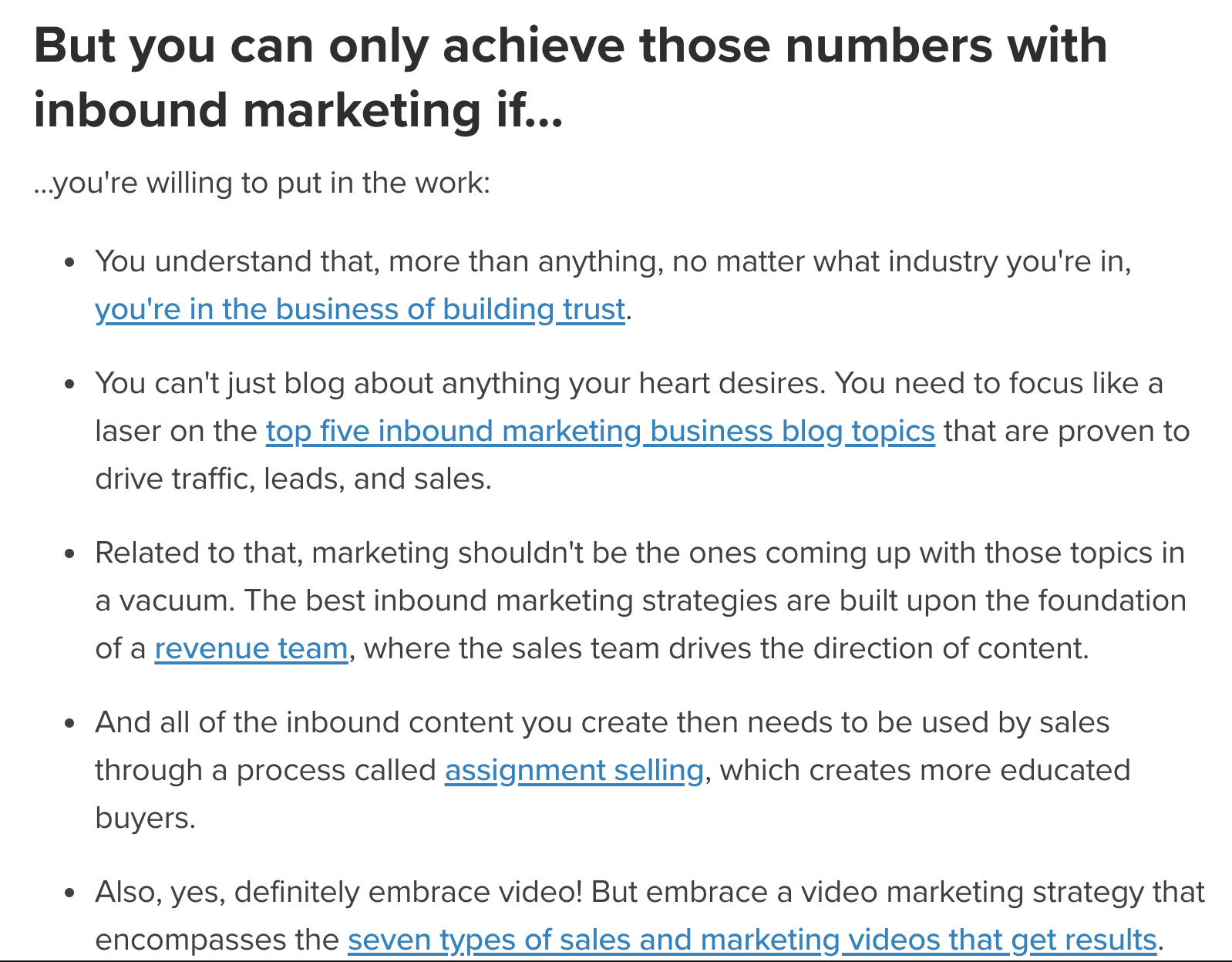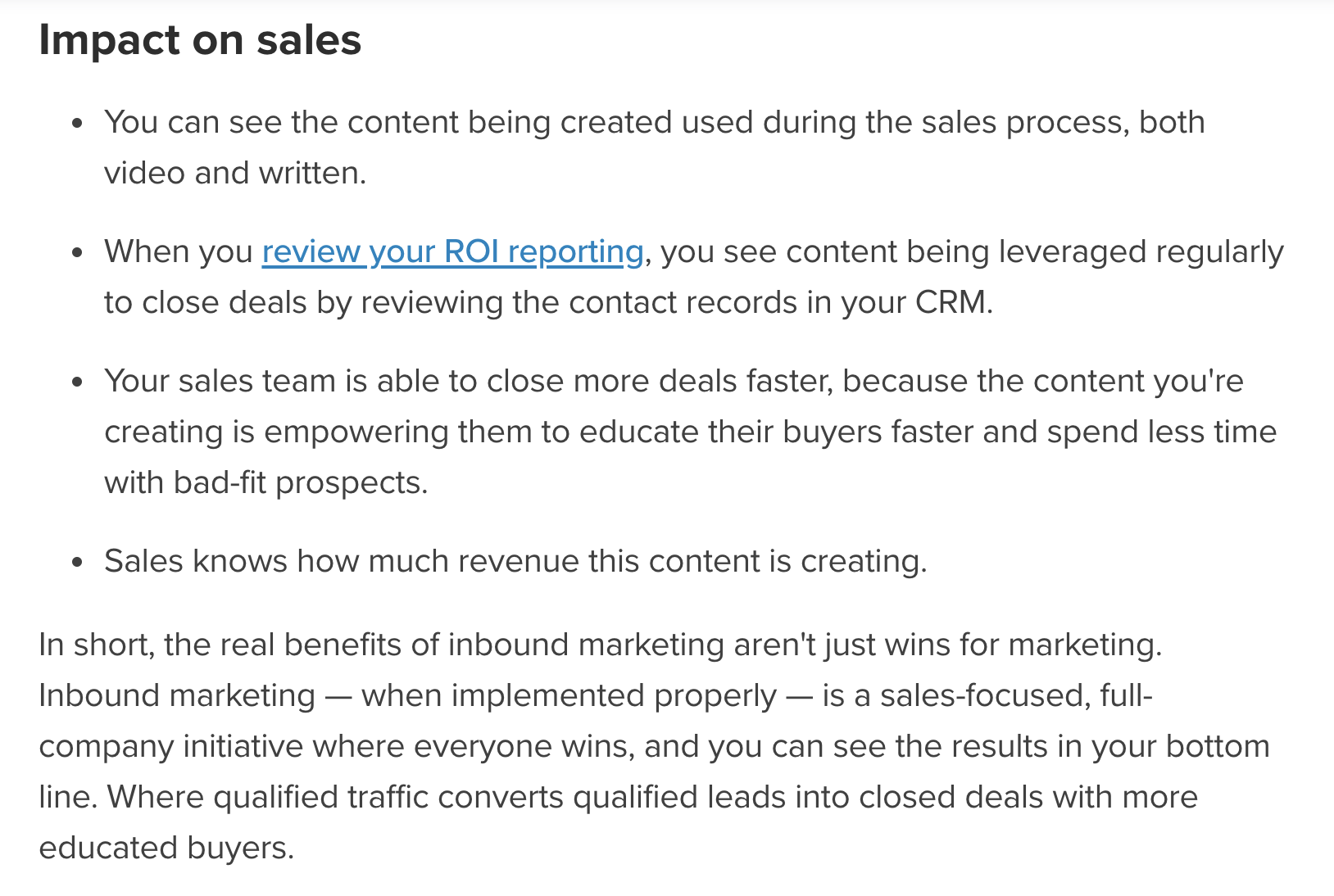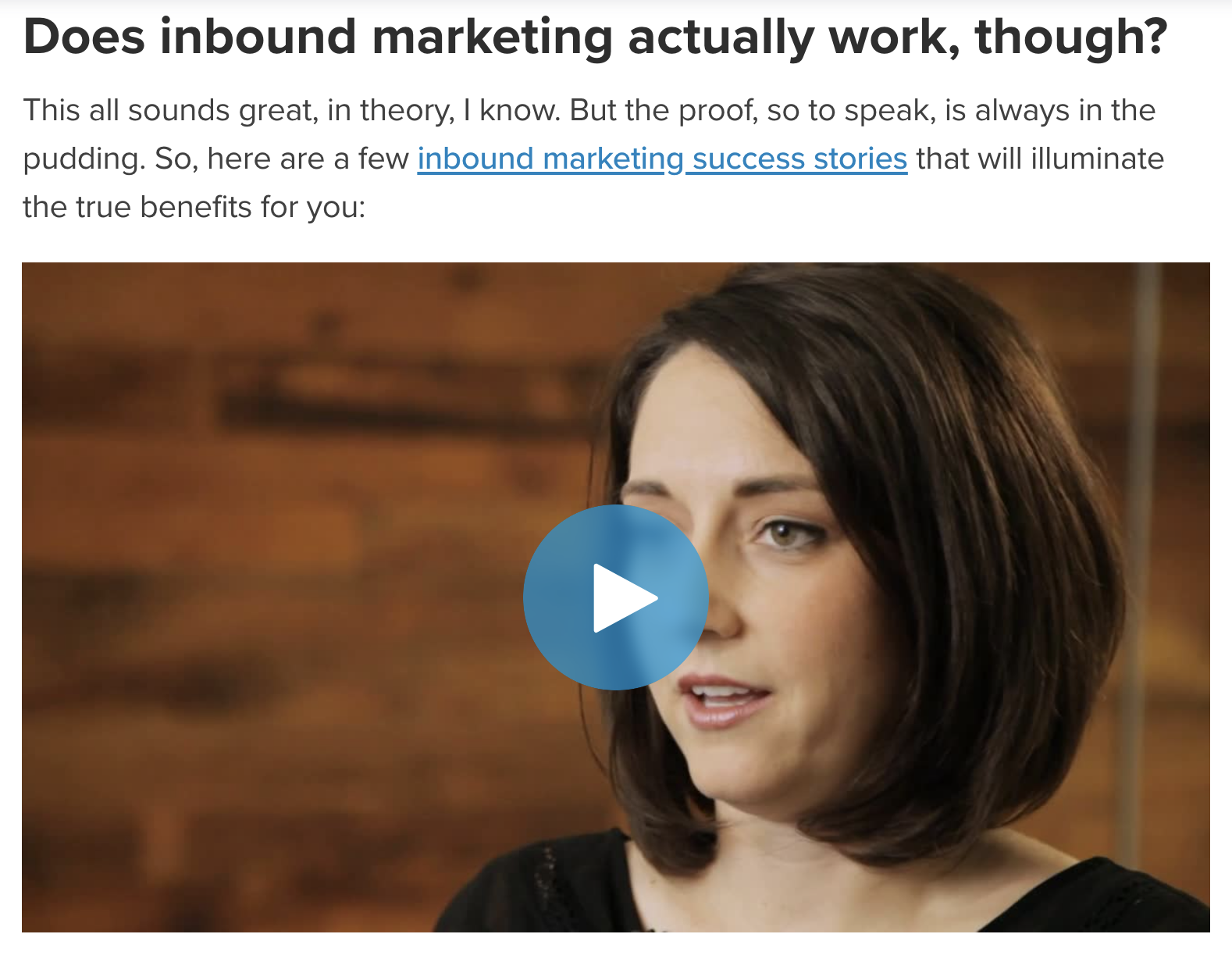Subscribe now and get the latest podcast releases delivered straight to your inbox.
Google's John Mueller confirmed this week that the shortcut of simply updating the publishing date on a website page or piece of content won't result in you seeing an increase in your search rankings.
Of course, we shouldn't be that surprised, right?
For example, from the ages from 14 to 18, if my dad asked me to clean my room, I would cheerfully reply, "Sure thing!" Then I would immediately skip upstairs and execute the same finely tuned, 10-minute playbook every single time:
- Hide the tangled explosion of clothes, sheets, and pillows on my bed with my oversized comforter.
- Arm-swipe all of the detritus on the top of my desk into a few drawers.
- Toss anything "closet adjacent" on the floor in the closet and close the doors.
- Make a half-assed attempt to dust the surfaces.
- Throw open the door to my bedroom with a smile and declare, "All done!"
Of course, my victory was hollow and short-lived, as it was easily unraveled as a farce with a simple opening of a closet door. So, why would the "shove everything in the closet" approach to gaming Google's search rankings algorithm be any more effective?
Date changes vs. true historic optimization
The topic came up with Mueller during a hangout that was more specific to photo galleries, although his response has broader context:
“You can definitely update the date and time on a page whenever you make changes on a web page. If you’re just shuffling pictures around in a gallery that feels kind of misleading, with regards to updating the date just because you’re shuffling pictures around. So from a user point of view I would find that a little bit awkward.”
Meaning, yes, it totally makes sense to update the publishing date on a page or piece of content when genuine, substantive changes are made – added content, significant updates based on new data or information, exclusions or replaced content, and so on. But simply scrambling the same stuff around, without any true updates, additions, or subtractions and then slapping a new date on it...
🎓 IMPACT+ course: On-page SEO and the user experience
...why would you be rewarded with increased rankings? You haven't really changed anything. The content, albeit moved around somewhat (if at all), is fundamentally the same. It's in no way fresher or more relevant than it was whenever you initially published it.
True historic optimization can increase rankings
Historic optimization – real historic optimization, not the "shove it all under the bed" variety – is an absolutely essential tactic if you're leveraging content marketing to drive traffic, leads, and sales.
🔎 Related resources:
- Inbound marketing vs content marketing, what's the difference?
- What are the benefits of inbound marketing in 2021?
- Digital sales and marketing framework for today's modern buyer
In fact, at IMPACT, a large portion of our monthly content strategy is devoted to the deep historic optimization of content. And we teach our digital sales and marketing mastery clients to do the same.
But when I sit down to historically optimize a piece of content, I don't do it with my Hanson-obsessed teenager mentality of yesteryear. Instead, my historic optimization checklist for content includes:
- Updating the title, meta description, and headings to be more fully optimized and accurate (as necessary).
- Rewrite sections that are no longer accurate or up-to-date – quite frankly, depending on how old a piece of content is, I may be doing a "burn it all to the ground and start over" rewrite.
- Check to make sure all links are still live and replace those that aren't.
- Add in links and CTAs to any new, relevant resources that would be of value to our audience.
- Add in videos where they make sense, as well as any new images or examples that would improve the quality of the content for our audience.
- Add a featured snippet optimized around the right keyword, if it makes sense.
- Depending on the context, we may also add an editor's note to share that the content that follows has been updated for whatever the reason may be.
- Oh, and yeah, I'll change the publish date, too.
You see what I mean? By the time I republish a new piece of historically optimized content, I've given Google countless reasons to reevaluate and increase its rankings. That's because the content is actually fresher, deeper, and much more relevant to the ideal buyers who are searching for the answers it provides.
Real-world historic optimization example
Earlier this year, I updated an article about the benefits of inbound marketing, because a lot had changed since it had been published more than five years prior.
When I pulled up the original... well, there were a lot of problems:
- It was only about 500 words long, which was acceptable back in the day. Now, well, it's hard to answer what the true benefits of inbound are in such a short article. Moreover, the average word count of top-ranking articles is more than 2,000 words.
- Many of the links were broken, and the statistics were very, very old.
- Also, the arguments were simplistic and rudimentary. In fact, if I were an ideal buyer landing on that page, I'd immediately click away. The content from top to bottom screamed, "This is very, very out of date! This is not a fresh, relevant answer to the question you're asking!"
And on, and on, and on. In short, I had a lot of work to do.
So, I updated the title and added a relevant subheading to add more context for someone initially landing on the blog article:
Then I replaced the dated stock photo with a modern, related illustration and I updated the author information to yours truly:
Then, I added a featured snippet with data addressing the inbound marketing benefits keyword:
Then I rewrote the entire article from the new perspective of 2021 (and new resources), because, let's face it, 2020 changed a lot of things:
I then updated all of the statistics from new, more recent reports:
I also provided further context that you can only reap those benefits if you execute inbound marketing the right way (no short cuts):
I also then went into the softer benefits of inbound marketing that a business can realize when the truly embrace a culture of inbound marketing:
But who am I, right? I knew the best way to really drive home the validity of what I had put forward as the true benefits of inbound marketing by showcasing videos of real-world businesses who had used inbound marketing to achieve astounding traffic, leads, and sales results:
By the time I got to updating the publishing date to the day the new changes were to go live (as if it were a new article), it looked absolutely nothing like its predecessor.
Gaming the Google system never, ever works
Seriously, Google and other search engines will always be a thousand steps ahead of you. Ask the keyword stuffers of yore – even if you are able to game the system for a short time, you'll never see the gains long-term that you're looking for. Moreover, at some point, the Google Skynet overlords will turn off that gravy train and you'll be right back at square one.
So, don't waste your time with short cuts only teenagers lacking a driver's license would think are a good idea. Instead, you need to make true historic optimization a key part of your content strategy and master the best practices of on-page SEO and user experience.
That's the only way you'll guarantee your content search rankings will go up.
Free: Assessment


